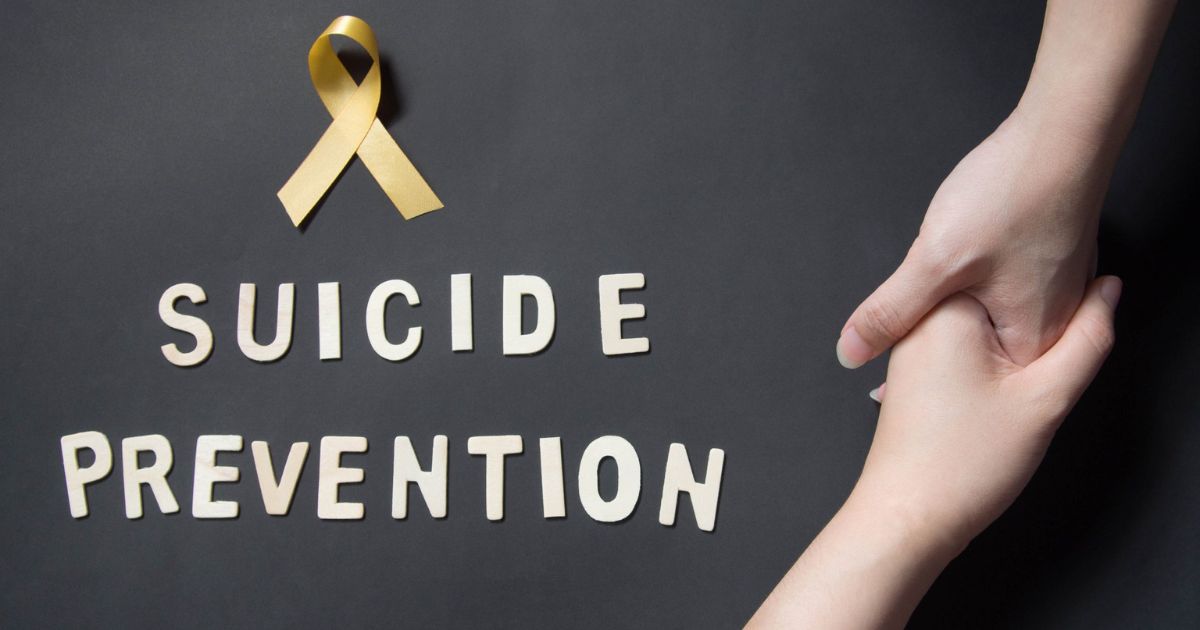In recognition of Construction Suicide Prevention Week, mental health workers have launched a proactive effort to reach out and provide support to these vital but vulnerable members of the workforce.
New York City, a bustling metropolis marked by its iconic skyline, is home to a thriving construction industry that plays a crucial role in shaping the city’s landscape.
However, beneath the veneer of progress and development lies a significant concern – the mental health of construction workers, often referred to as “hard hats.”
Construction workers face a unique set of challenges that can take a toll on their mental well-being. The demands of physically demanding labor, tight schedules, job insecurity, and the often isolating nature of their work can lead to high levels of stress, anxiety, and depression.
Unfortunately, these factors can contribute to a higher risk of suicidal ideation among construction workers, making it crucial to address their mental health needs.
Suicide Prevention Week For Construction Workers
Construction Suicide Prevention Week serves as a poignant reminder of the need to prioritize the mental health of these workers who contribute so significantly to the city’s growth.
Mental health professionals, advocacy groups, and organizations are collaborating to raise awareness about this critical issue and offer support to those in need.
One of the central themes of this initiative is breaking the stigma surrounding mental health discussions in the construction industry.
Historically, there has been a reluctance among workers to openly address mental health concerns, fearing that it might be viewed as a sign of weakness or hinder their job prospects.
However, the tide is turning as more individuals and organizations within the industry recognize the importance of creating a safe space for workers to talk about their mental health.
Mental health workers are taking innovative steps to bridge the gap between construction workers and mental health resources.
One strategy involves setting up mobile counseling units at construction sites across the city. These units offer a confidential and convenient space for workers to discuss their mental health concerns, seek support, and access resources.
The aim is to normalize seeking help for mental health challenges and provide immediate assistance to those who may be struggling.
In addition to on-site counseling services, mental health professionals are conducting workshops and awareness programs specifically tailored to the construction industry.
These programs aim to educate workers and employers about the signs of mental distress, the importance of seeking help, and strategies for managing stress and anxiety effectively.
By fostering a culture of empathy and understanding, these initiatives strive to create a supportive environment within the industry.
One essential aspect of this effort is the collaboration between mental health organizations, construction companies, and unions.
By working together, these stakeholders can implement comprehensive mental health programs that address the unique needs of construction workers.
From providing access to counseling services to offering training for supervisors and coworkers to recognize signs of distress, this collaboration aims to create a holistic approach to mental health support within the industry.
Furthermore, the use of technology is playing a pivotal role in reaching construction workers with mental health resources.
Mobile apps and online platforms offer easily accessible tools and information related to mental health, allowing workers to seek help discreetly and at their convenience.
These digital resources can complement traditional forms of support and connect workers with professional help when needed.
Construction Suicide Prevention Week is not just a moment of reflection; it’s a call to action. Mental health workers, construction industry leaders, and unions are joining forces to ensure that the mental well-being of hardworking construction workers is a top priority.
The goal is to create a culture that values mental health as much as physical safety on construction sites, ultimately reducing the risk of suicide among this vital workforce.
As the city of New York continues to evolve and expand, it is crucial to remember that the well-being of its construction workers is an integral part of its growth.
By breaking the silence surrounding mental health issues in the industry and offering accessible support, we can safeguard the mental health and lives of those who build the foundations of our city’s future.




























